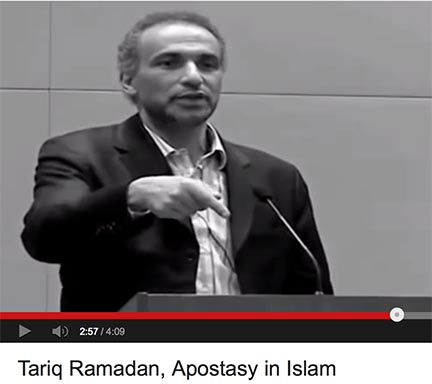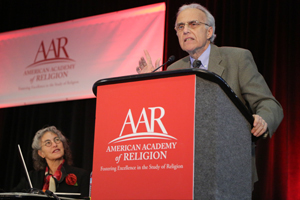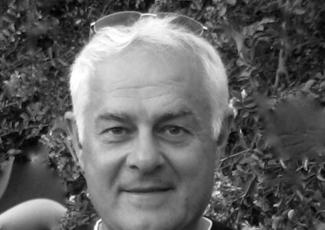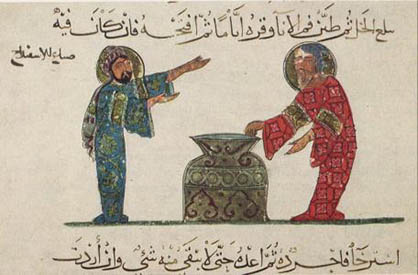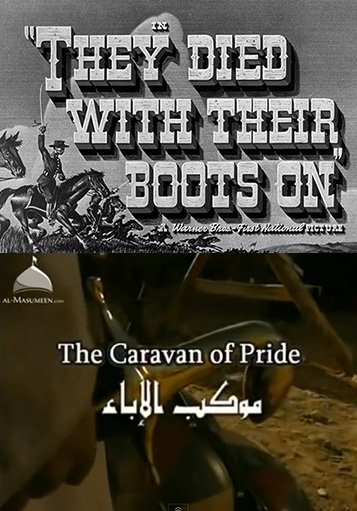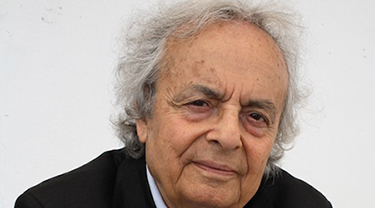
Cairo Review, May 14, 2014
A half century ago, the poet Ali Ahmad Said Esber, better known by his pen name Adonis, left Syria for exile, first to Lebanon and then France. He lives on an upper floor of a new apartment tower in the Paris suburb of Courbevoie, steps from La Grande Arche in the modern business district of La Défense. Embroidered cushions from his homeland are on the sofa, abstract paintings on the walls; Arabic and French newspapers are piled around, next to music CDs of Bach and Mahler; Lebanese sweets are served on a platter along with cups of Nescafé. He never stays in one place for long; at the end of April, he was off to New York to open the PEN World Voices Festival with Salman Rushdie and Noam Chomsky.
Adonis, 84, is widely recognized as the greatest living Arab poet. He began writing verse as a teenager in Qassabin, a village in Syria’s Latakia province. In Beirut in the 1950s, he started a modernist revolution that the Guardian has called “a seismic influence on Arabic poetry comparable to T.S. Eliot’s in the Anglophone world.†He has published twenty volumes of poetry and thirteen books of literary criticism, reflecting on everything from love and Arab nationalism to American power; in 2011, he became the first Arab writer to win the prestigious Goethe Prize for literature. Adonis, meanwhile, has long been a leading public intellectual in the Arab world. His most recent writings are collected in Printemps Arabes: Religion et Révolution, published in France earlier this year by Éditions de La Différence. According to his English translator, Khaled Mattawa, Adonis believes that Arabic poetry has the responsibility of igniting a “mental overhaul of Arab culture.†Cairo Review Managing Editor Scott MacLeod and journalist Jonathan Randal interviewed Adonis in Courbevoie on April 11, 2014.
CAIRO REVIEW: Critics say your poems carry a lot of anger, but you have written some sweet poems. “The rose leaves its flowerbed/To meet her/The sun is naked/In autumn, nothing except a thread of cloud around her waist/This is how love arrives/In the village where I was born.â€
ADONIS: Yes, romantic.
CAIRO REVIEW: How old were you when you wrote that?
ADONIS: I forget.
CAIRO REVIEW: Has Syria plunged into a dark age?
ADONIS: Well, the Arab world is living, and for a long time has been living, in a kind of age of darkness. Syria is part of that. But we can’t judge the future. I think that there are always some strengths in the people, to find solutions, escapes/exits, new horizons. I believe in that. The human being is a decent creature, who is manipulated by everything.
CAIRO REVIEW: When you were sixteen, was it a better moment?
ADONIS: Beginning when I was fifteen, we had plans. We could feel it, personally, lots of people of my generation. We had a kind of hope and vitality, a hope to change things, do something better. But from that moment of my adolescence, we also felt that there was nothing we could do in our society if the revolution was going to remain politically institutionalized. Without the separation of religion from the state, there was nothing we could do. I felt that for a long time.
CAIRO REVIEW: Was religious fundamentalism a danger at that time?
ADONIS: No. There wasn’t the ideological aspect of religion in my youth. It was almost invisible. Religion was never a problem. With my friends at school, I never asked, “What’s your religion?†Never. It didn’t exist. Continue reading Adonis on the Age of Darkness
